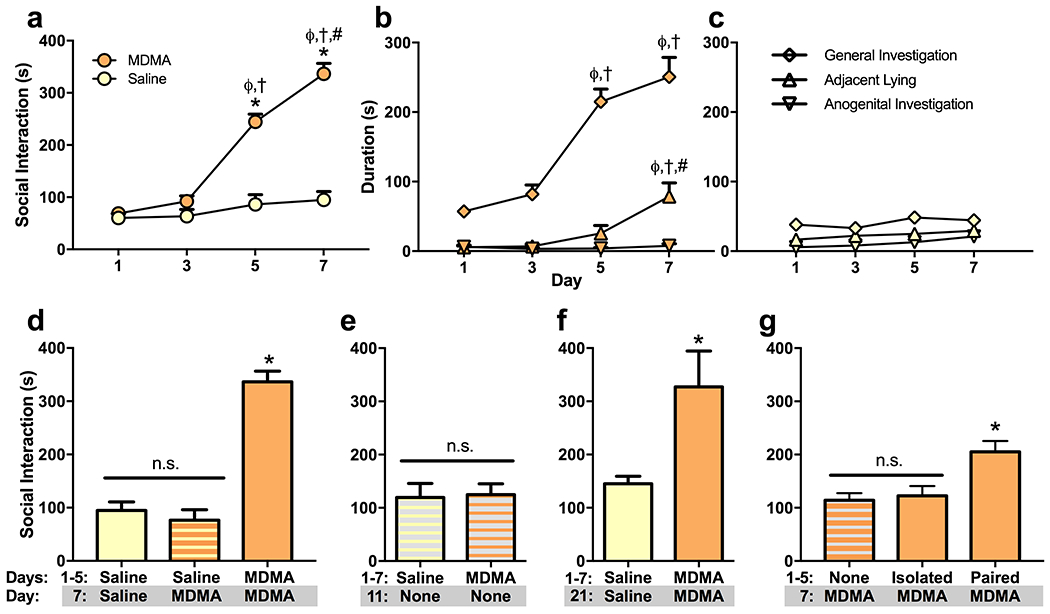Fig. 1. Mice sensitize to the prosocial effects of MDMA.

(a) Mice were treated every-other day with 7.8 mg/kg MDMA or saline and paired with a novel conspecific from the same treatment group for a 10-minute social interaction test. The duration of MDMA-induced social interaction increased precipitously across treatment sessions. (b) Total social interaction was the sum of three social behaviors: general investigation, adjacent lying, and anogenital investigation. The durations of general investigation and adjacent lying, but not anogenital investigation, increased across subsequent MDMA-treatment sessions. (c) In contrast, mice treated with saline interacted at a relatively stable amount upon each pairing. (d) Social sensitization to MDMA was not due to familiarity with the testing procedure. Mice that had been tested with saline on days 1, 3, and 5 did not display increased social interaction when treated with MDMA on day 7. (e) Sensitization of MDMA-induced social interaction did not affect off-drug social interaction when mice were paired without treatment. (f) Sensitization was long-lasting. When mice were treated again, following two weeks off-drug, MDMA-treated mice interacted significantly more than mice treated with saline. (g) A social context appears critical for the development of social sensitization. Mice that were paired during each treatment displayed significantly more social interaction when paired in a novel environment on test day 7 than did mice that had been isolated during the previous treatment sessions. Despite receiving MDMA during all four treatment sessions, these previously isolated mice displayed no more social interaction than mice receiving MDMA for the first time. Symbols indicate that social behavior was significantly different (p < 0.05) from day 1 (ϕ), day 3 (†), day 5 (#), or that treatment day’s control group(s) (*).
